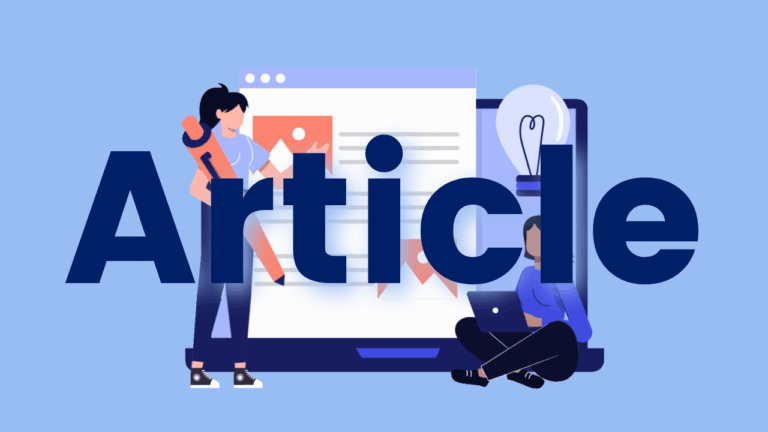Enseigner le vocabulaire : un défi à relever !
L’objectif de ce billet est de vous présenter un état de la recherche sur l’enseignement et l’apprentissage du vocabulaire. Un enseignement explicite du vocabulaire favoriserait l’autonomie en lecture.

L’objectif de ce billet est de vous présenter un état de la recherche sur l’enseignement et l’apprentissage du vocabulaire. Un enseignement explicite du vocabulaire favoriserait l’autonomie en lecture.

L’acquisition du vocabulaire est un des fondements essentiels à la réussite scolaire. Les élèves apprennent des nouveaux mots de vocabulaire de différentes façons. Comment savoir quels mots de vocabulaire cibler ? Cette capsule explique les différents niveaux de vocabulaire à considérer lorsque l’on tente d’aider un enfant à élargir son répertoire sémantique.

Cette publication propose une explication de la complexité de l’apprentissage des correspondances graphèmes-phonèmes et comment il est possible de simplifier la vie des élèves lors de l’apprentissage des correspondances graphèmes-phonèmes en lecture.

Repeated reading is an instructional routine with plenty of research support. Learn more about how to use repeated reading in your classroom to build students’ fluency with this implementation guide from Dr. Stephanie Stollar.

This is a comprehensive guide for morphology instruction – it explains the layers of the English language, walks through a suggested sequence of instruction, and includes sample lesson templates complete with word sums and matrices.

In this activity from FCRR, students use a web graphic to identify multiple meanings of target vocabulary words.

A word map is a graphic organizer that supports connections among vocabulary and ideas. This resource from TextProject provides Word Maps for core vocabulary – the most important words in written English. Three types of words maps are available for the core vocabulary: synonyms, morphology, and multiple meaning of words.

Talk moves are sentence starters that students use to join a class discussion – they encourage both academic thinking and social connectedness.

On this site, daily Intriguing Times pictures without captions are posted, offering an opportunity for rich discussion and conversation, building oral language skills.

These are the key ideas and principles guiding the ONlit team’s work. We hope they might be helpful for you, as well, as we collectively work toward shifting systems to allow all children realize their right to learn to read.

Keeping a vocabulary journal is a strategy for helping students apply their knowledge of new words. Research shows that writing supports memory of words because it requires the cognitive skills of retrieval and repetition. Their vocabulary journal can also be a reference for students to use as they write. And they can add to it…

Joan Sedita, founder of Keys to Literacy, explains the two key steps students need to learn in the revision process when writing: thinking critically about what they have written and how they can make improvements and proofreading.